DND Report: Pakistan has lost more than 18 members of its security forces in the last 72 hours while defending the country against what Islamabad describes as Indian-sponsored but Pakistan is cautious to accept that actually it is Indian-sponsored and Afghan-supported terrorism.
Pakistan finds itself trapped between collaboration of New Delhi and Kabul but the Pakistan government has been reluctant to fully disclose that combination to the public.
Prime Minister Shehbaz Sharif, speaking in Bannu after performing Namaz-i-Janaza for the martyred soldiers, warned Kabul to make a clear choice between Pakistan and the Khawarij (the name used for the TTP). He said Afghanistan cannot host militants who destabilize their neighbour while expecting normal relations with Islamabad. The prime minister’s remarks imply that the Afghan interim government still has time to choose, but on the ground the Taliban appear to have sided with terrorists since returning to power on 15 August 2021. They immediately released hard-core terrorists who had been imprisoned during Ashraf Ghani’s presidency under pressure from the United States and Pakistan. Many of those released were wanted by Pakistan for terrorist attacks that killed thousands of innocent civilians.
Prime Minister Sharif and Field Marshal and Chief of Army Staff General Syed Asim Munir visited Bannu for a high-level counterterrorism meeting and to attend funeral prayers for soldiers killed in the South Waziristan operation. The prime minister’s warning to Afghanistan follows many previous, strongly worded Pakistani statements, to which the Afghan interim government typically responds by denying the presence of terrorists on its soil and calling terrorism an internal matter for Pakistan. Islamabad briefly hoped the situation might improve after the Afghanistan-China-Pakistan trilateral talks in Kabul, but experts familiar with Taliban dynamics warned that no meaningful change was likely. According to those analysts, the Taliban mainly secured what they wanted — freer movement across the Pakistan-Afghanistan border and a halt to deportations of undocumented Afghans — while taking no action against groups they openly sponsor, host, and supply logistically to carry out attacks inside Pakistan.
Pakistan has long expected the Afghan interim government to deny the use of its territory for attacks against Pakistan. Those expectations, however, have generally proved unfounded: Pakistan should understand Taliban will not stop harboring, supporting, and funding the TTP. As a result, many of Pakistan’s warnings to Kabul amount to rhetoric without follow-through.
Attacks originating from Afghan soil reportedly increased sharply after a January 2025 meeting between Indian Foreign Secretary Vikram Misri and Taliban Foreign Minister Amir Khan Muttaqi; Pakistani sources suggest that Indian intelligence networks are already active within Afghanistan.
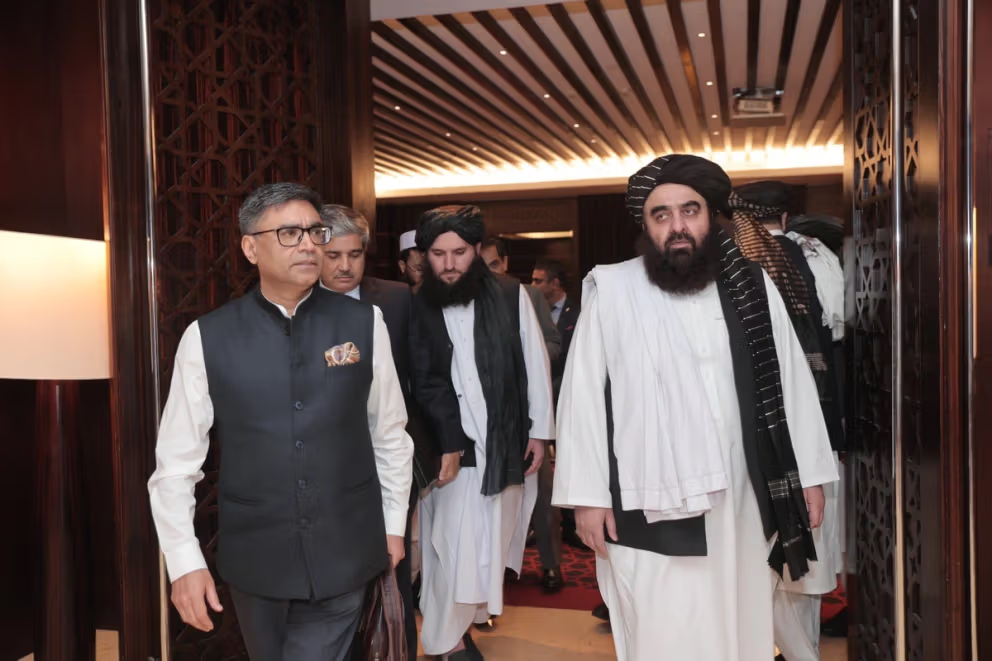
Unofficial sources claim that several members of the Afghan interim government provide various forms of support to Indian-sponsored militants living in Afghanistan and using Afghan territory to strike Pakistan. Over the past two decades Islamabad has submitted multiple dossiers to international bodies documenting cross-border terrorism and alleging that Afghanistan has served as a launchpad for operations against Pakistan. Pakistan contends that two major proxy networks; Fitna al-Hindustan (Baloch terrorist groups) and Fitna al-Khawarij (TTP affiliates) operate from Afghan soil, and that an estimated 6,000 TTP militants in Afghanistan pose a direct threat to Pakistan’s national security.
According to unofficial circles, when Pakistan furnishes credible intelligence that TTP cells in Afghanistan are planning attacks, the Taliban do not act on it and label Pakistan’s concerns as internal matters. Under these circumstances, few in Kabul are likely to heed the PM Shehbaz Sharif’s warning, and Islamabad should accept that Afghanistan will likely continue to send terrorists across the border. It is therefore up to Pakistan to determine how best to protect its citizens and security forces, because there remains little doubt in Islamabad that elements within the Afghan interim government together with Indian networks are collaborating to harm Pakistan.


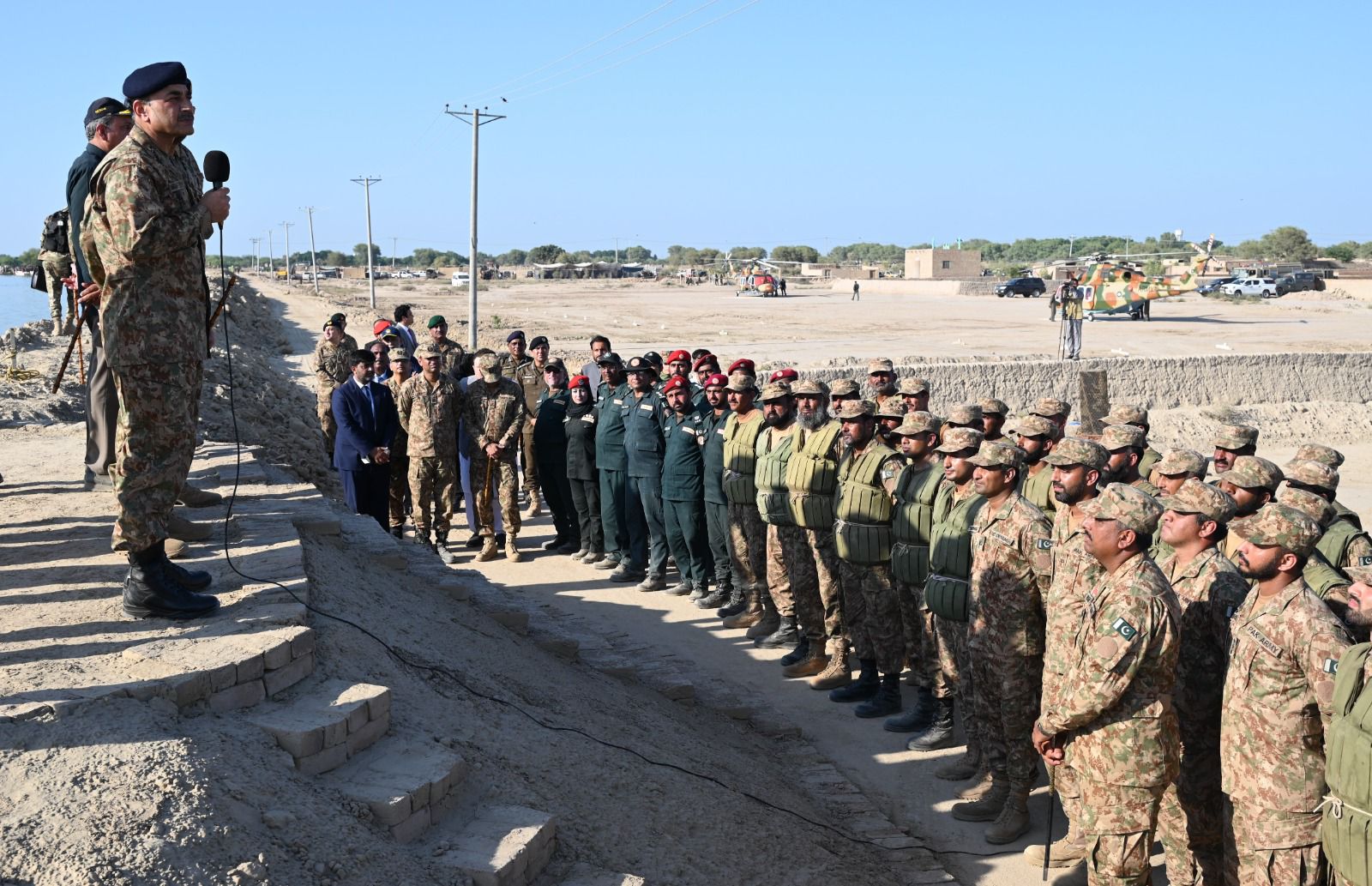
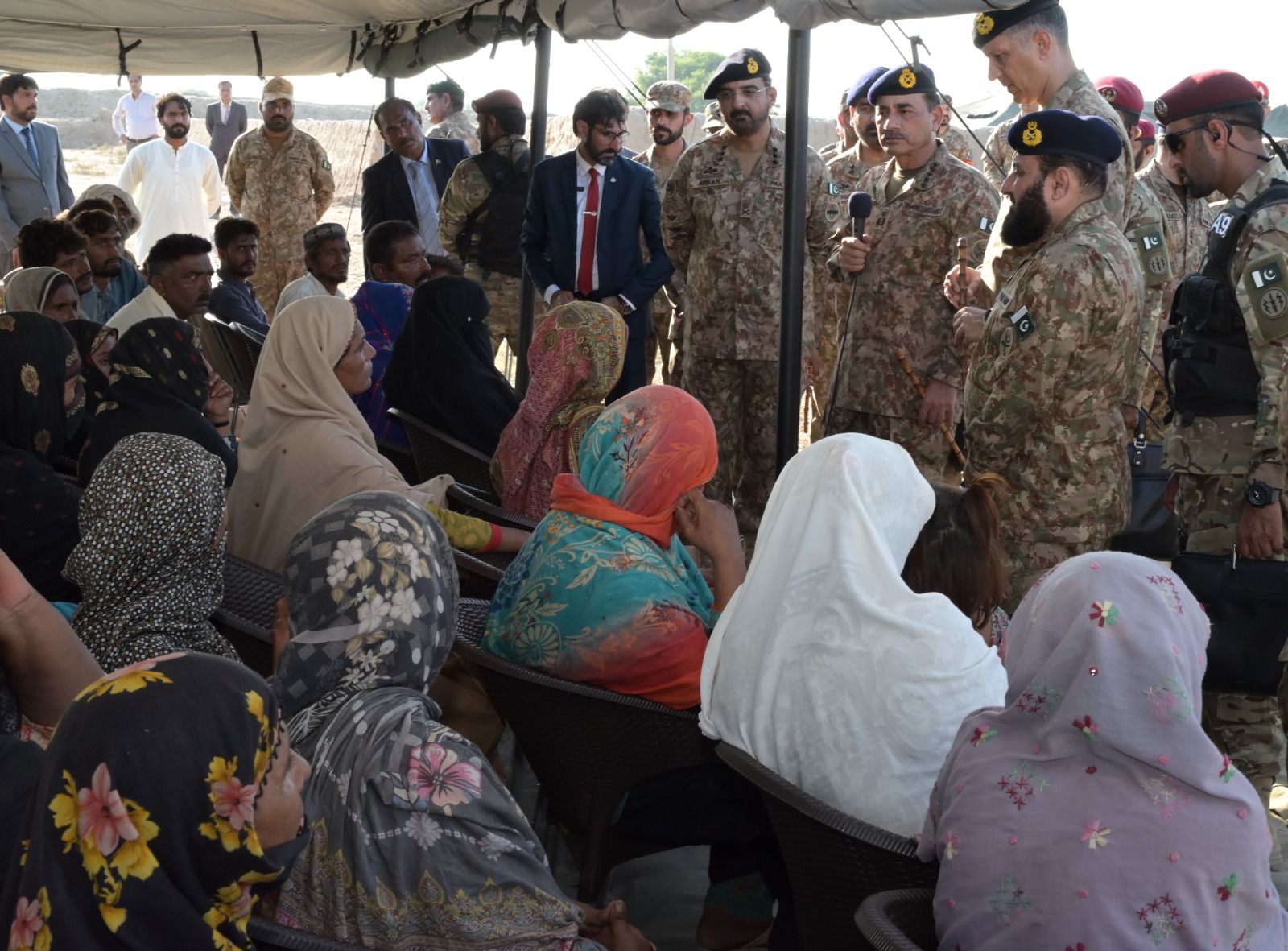


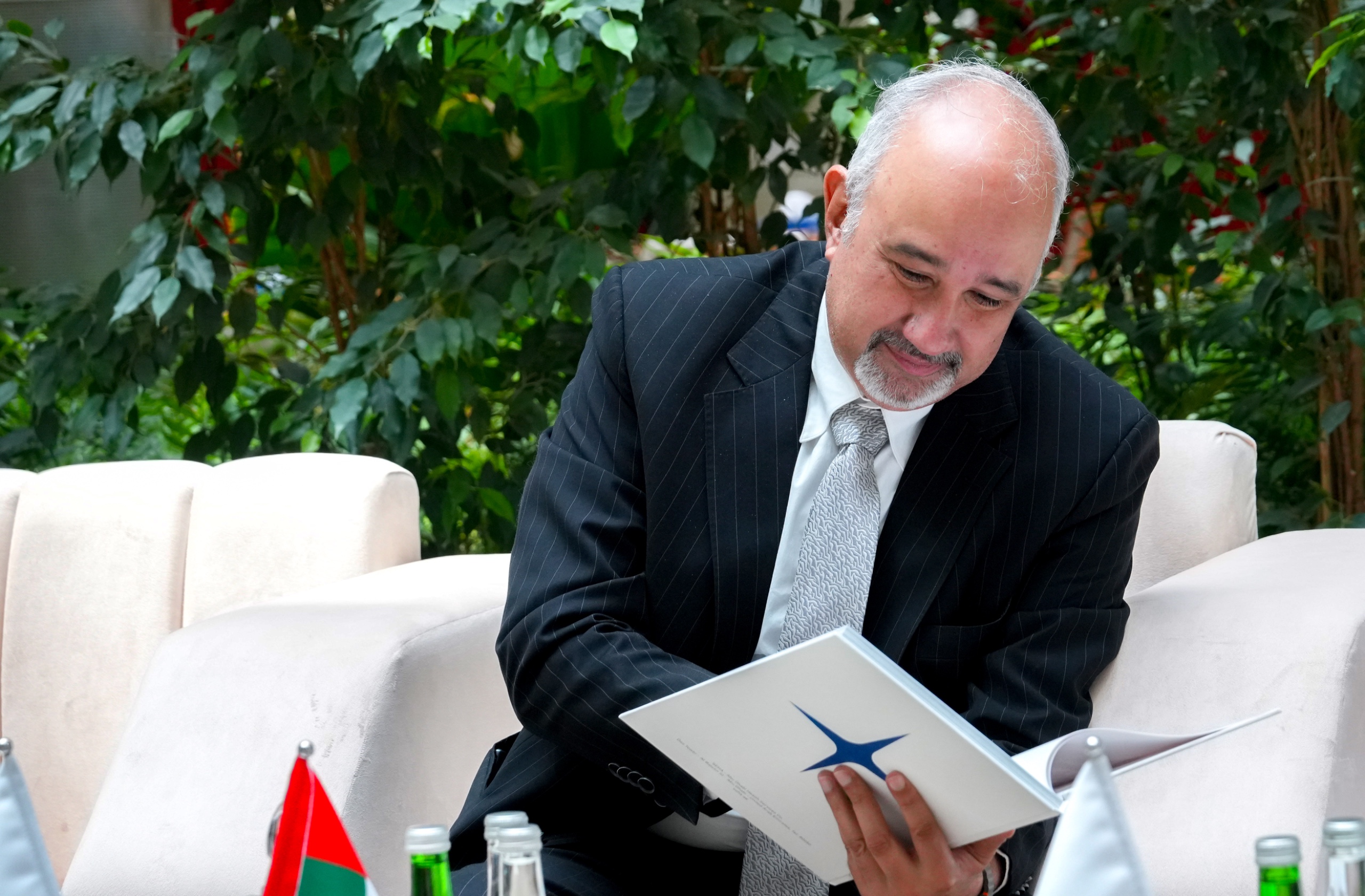
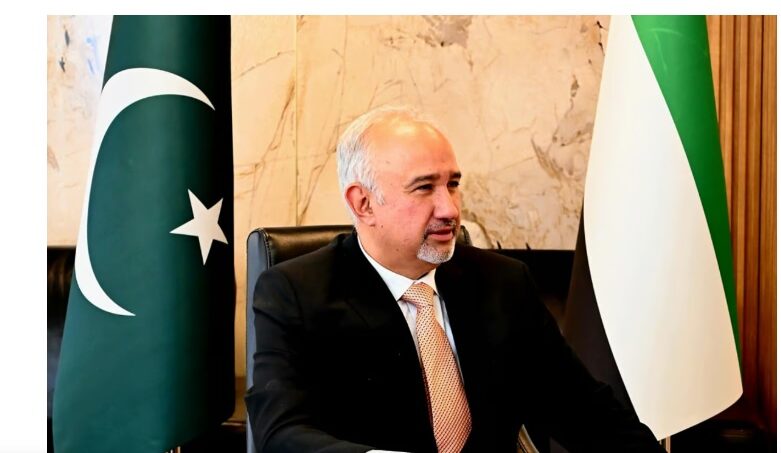

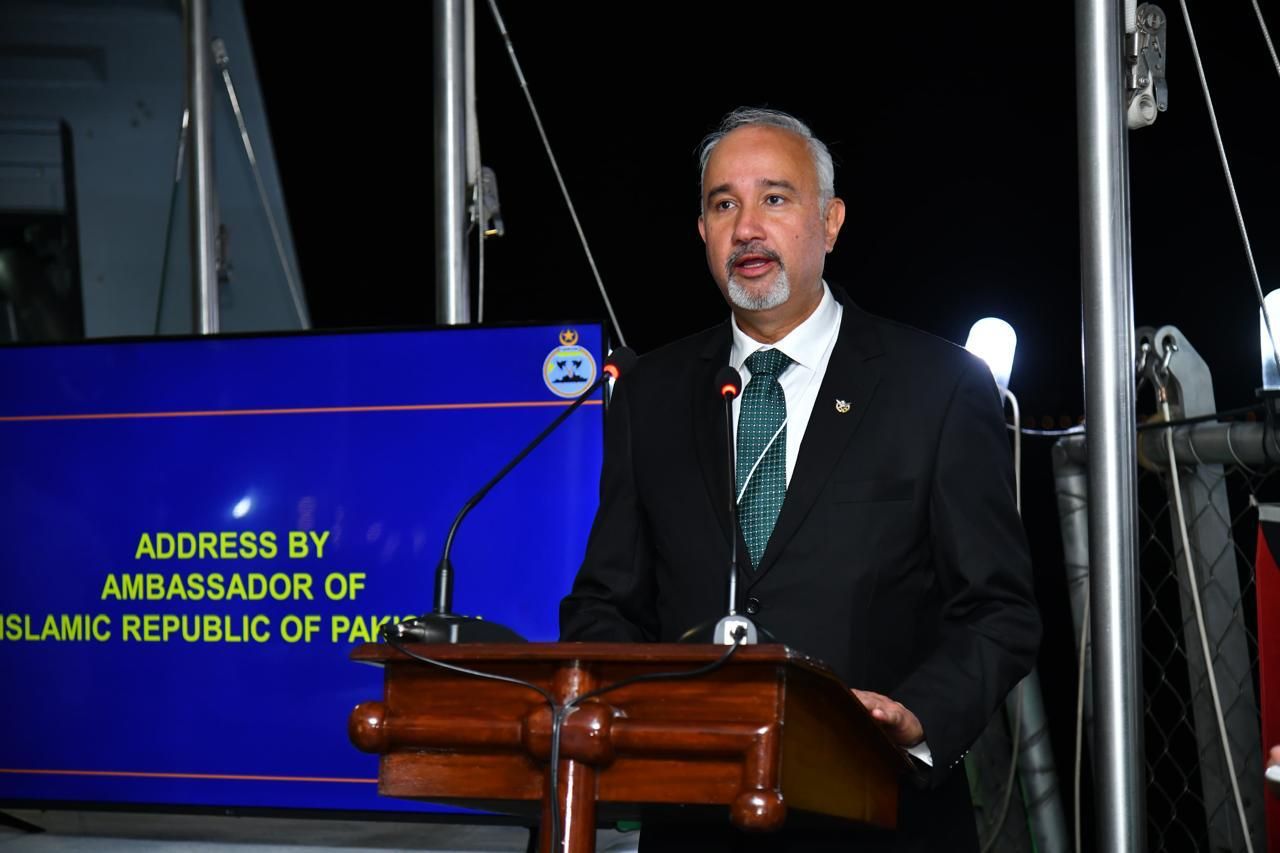
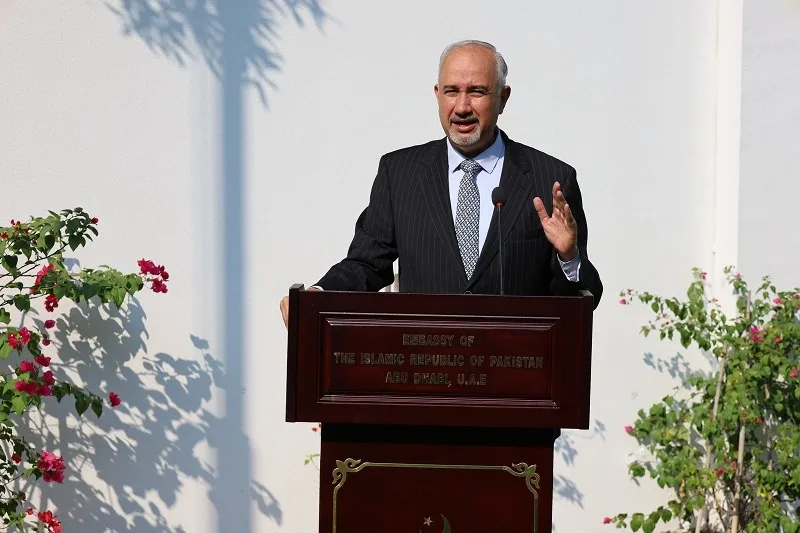
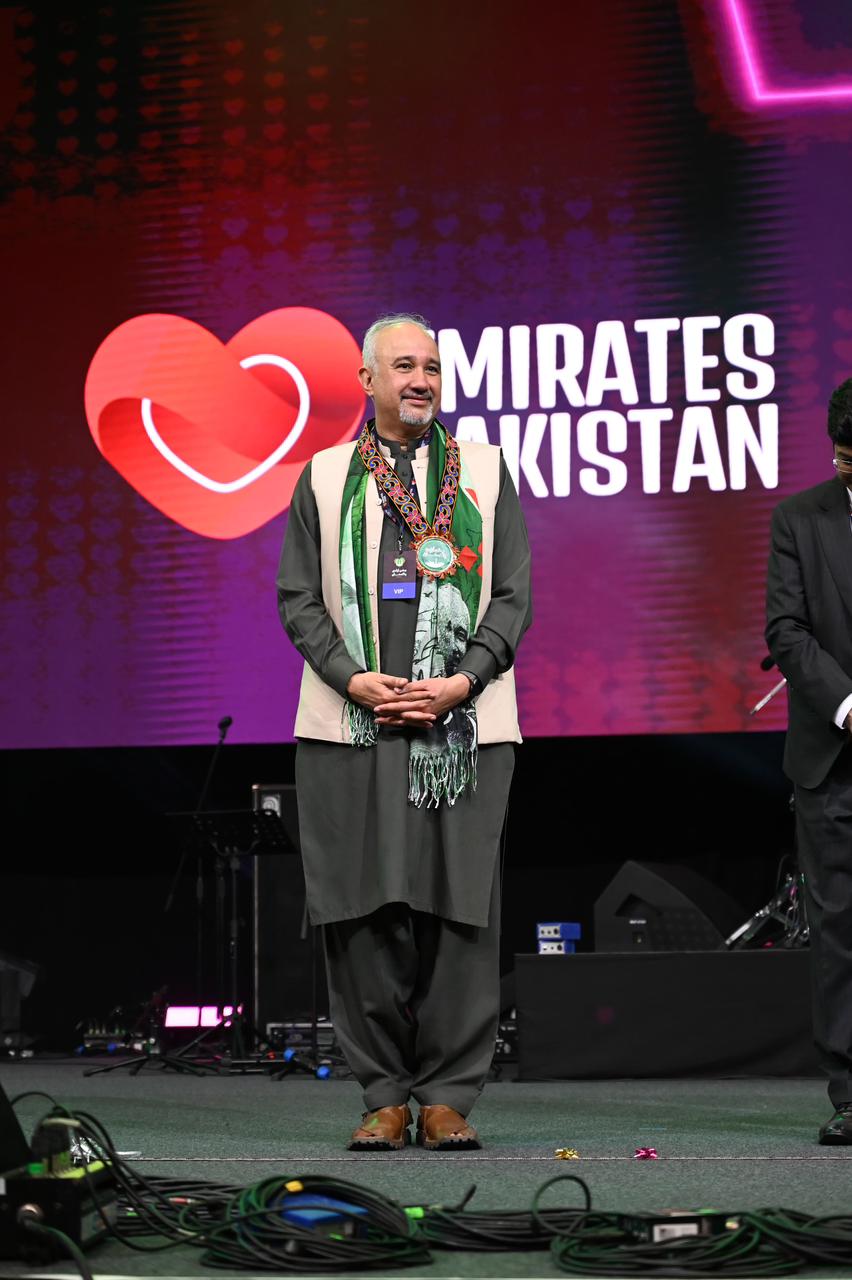




 The author, Dr. Attia Anwar, is a consultant family physician with a postgraduate degree from the Royal College of GPs UK. She is a strong advocate of health and well-being and wants patient participation in decision-making regarding health.
The author, Dr. Attia Anwar, is a consultant family physician with a postgraduate degree from the Royal College of GPs UK. She is a strong advocate of health and well-being and wants patient participation in decision-making regarding health.